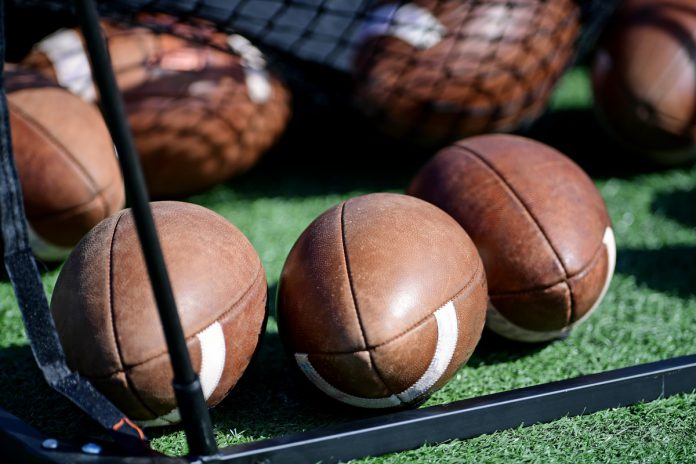The National Collegiate Athletic Association’s (NCAA) has confirmed that it is set to allow student athletes to profit from naming and image rights.
The unanimous vote from the NCAA’s board of governors, follows the landmark decision of California Governor Gavin Newsom to sign the Fair Pay to Play Act (SB 206). Drawn up by Senators Nancy Skinner and Steven Bradford, it gives college student athletes in the state the ability to benefit financially from their name, image and likeness.
Mark Emmert, president of the NCAA, commented: “As a national governing body, the NCAA is uniquely positioned to modify its rules to ensure fairness and a level playing field for student athletes. The board’s action today creates a path to enhance opportunities for student athletes while ensuring they compete against students and not professionals.”
The group cited the recommendations of the NCAA Board of Governors Federal and State Legislation Working Group, which includes presidents, commissioners, athletics directors and administrators as well as student athletes themselves, as being key to the decision.
It gathered input across all three NCAA divisions, will continue to collect feedback until April from stakeholders – current and former student-athletes, coaches, presidents, faculty and commissioners.
This will be done in order for the group to understand how best to respond to the state and federal legislative environment. Moreover it will allow for the refinement of its recommendations on the principles and regulatory framework.
Michael V. Drake, chair of the board and president of the Ohio State University, added: “We must embrace change to provide the best possible experience for college athletes. Additional flexibility in this area can and must continue to support college sports as a part of higher education. This modernisation for the future is a natural extension of the numerous steps NCAA members have taken in recent years to improve support for student-athletes, including full cost of attendance and guaranteed scholarships.”
Each NCAA division has now been directed to consider modernisation of bylaws and policies and has been granted until January 2021 to create any new rules which would be implemented effective immediately.
Specifically, the NCAA’s board has highlighted the following principles and guidelines which it believes requires modernisation:
* Assure student athletes are treated similarly to non-athlete students unless a compelling reason exists to differentiate.
* Maintain the priorities of education and the collegiate experience to provide opportunities for student-athlete success.
* Ensure rules are transparent, focused and enforceable and facilitate fair and balanced competition.
* Make clear the distinction between collegiate and professional opportunities.
* Make clear that compensation for athletics performance or participation is impermissible.
* Reaffirm that student-athletes are students first and not employees of the university.
* Enhance principles of diversity, inclusion and gender equity.
* Protect the recruiting environment and prohibit inducements to select, remain at, or transfer to a specific institution
Insider Insight: the role of California in this decision can’t be understated. Although the state may have had minimal input into final call of the NCAA, Governor Newsom’s decision to push on with the bill at the start of October will, in hindsight will be seen as game-changing in allowing college athletes to benefit from image rights.























